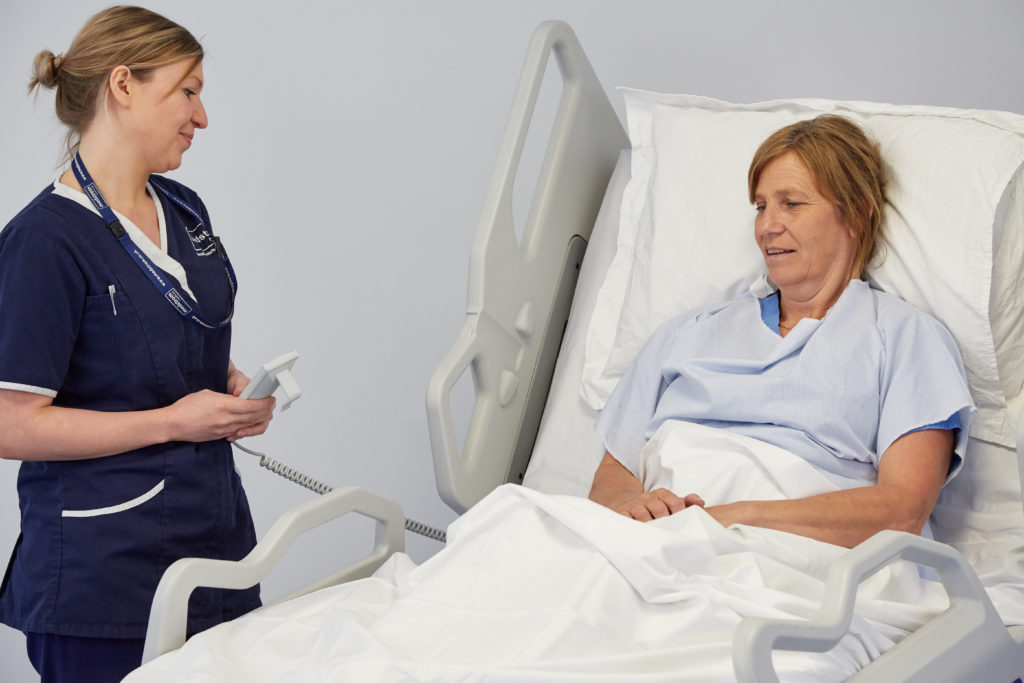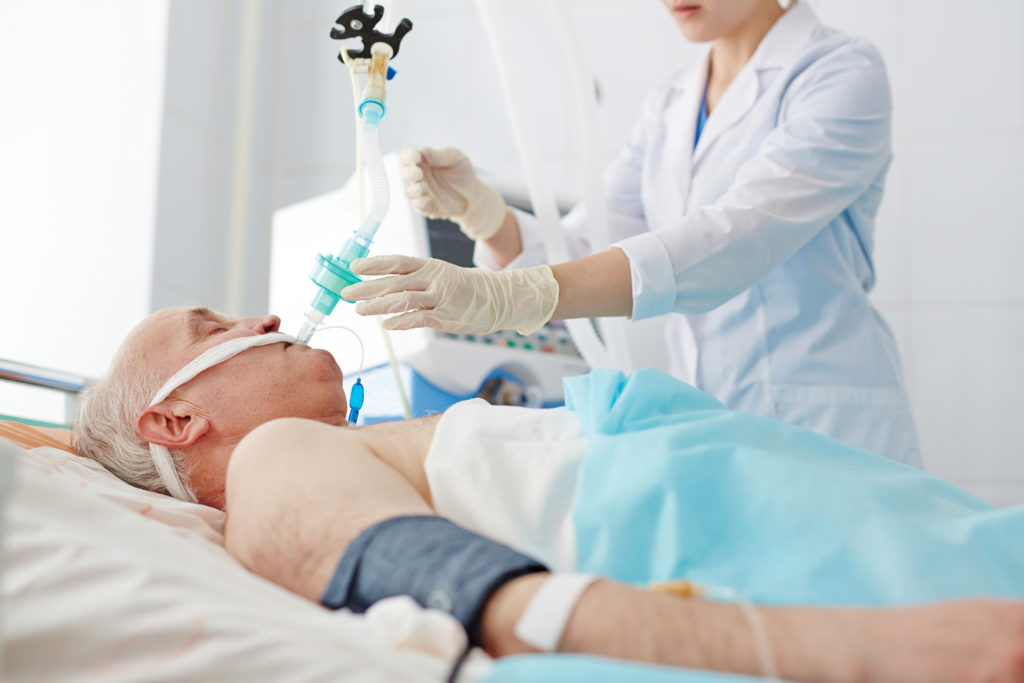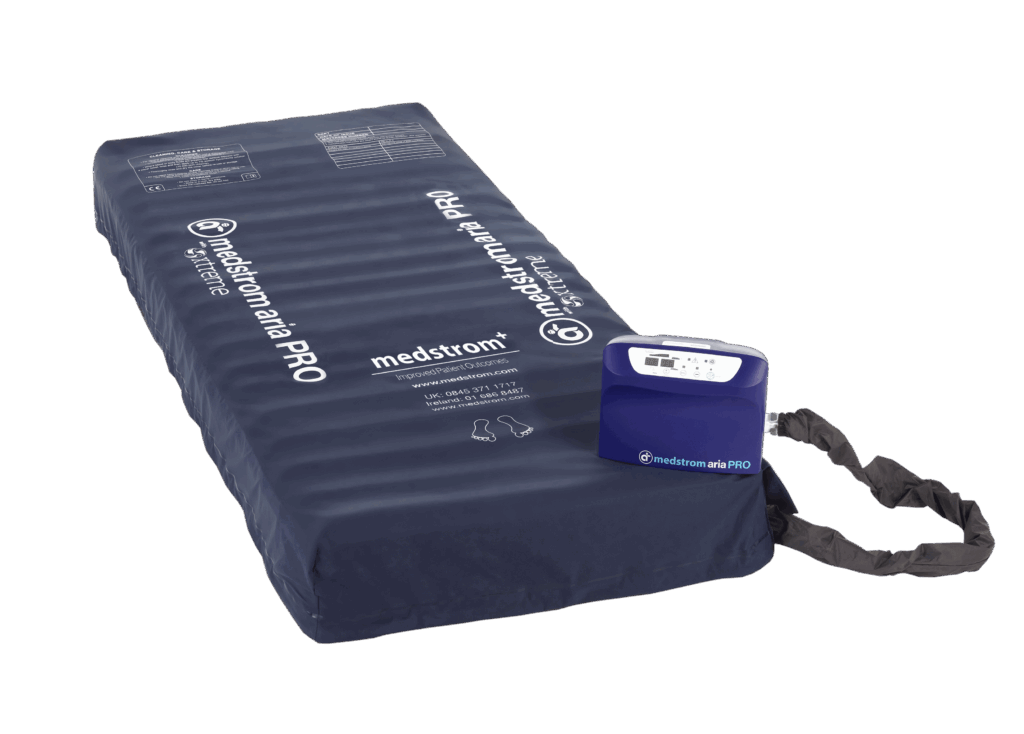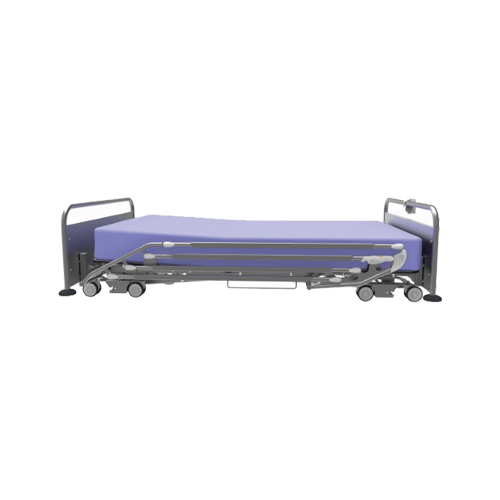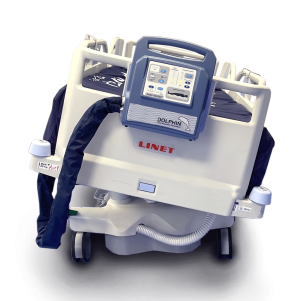
Part 4: How Can I Prevent Complications From Immobility? Gastrointestinal & Renal
Part 4
Gastrointestinal
Damaging effects of prolonged bed rest on the gastrointestinal system include constipation and gastric reflux. According to Spellman (2000)1 “people who are confined to bed are 16 times more likely to experience constipation than those who are mobile”. To reduce this risk, the patient should be encouraged to drink plenty of water and eat a diet with plenty of fibre. Peristalsis (a movement by which the contraction of muscle tissue) helps push and break down foods, exert pressure on the anal sphincter when the patient is in an upright position, but in a supine position this does not occur.
When a patient in in a supine position, the processing of food can be up to 66% slower and gastric reflux can become a problem for the patient. The gastric juices bicarbonate may decrease, which increases acidity within the stomach2. The gastric secretions can collect at the top of the stomach (lower oesophageal sphincter) and cause irritation. Patients confined to bed can experience symptoms associated with Gastro-oesophageal reflux disease, such as regurgitation and heartburn. Nursing the patient at a 30-degree head of bed angle can reduce the effect of gastric reflux.
Renal
In the vertical position, due to gravity, urine collects at the lower portion of the bladder. As the bladder fills, pressure is exerted on the bladder wall, neck and sphincter, stimulating the urge to urinate3. In the supine position, the effects of gravity are reversed and the urge to urinate is greatly reduced. This is an advantage when you are asleep for only eight hours a night. When upright, gravity causes the internal organs to press downwards and exert pressure on the bladder. In those confined to bed, the abdominal organs undergo a shift towards the thorax and the pressure on the bladder is reduced. This can reduce the urge to urinate even more even when the bladder is full.
For conscious patients, it is difficult to properly empty the bladder in a bed pan or urine bottle when in the seated position. Patients feel uncomfortable and embarrassed about leaving bedpans, increasing the chances of urine retention. Prolonged bed rest also increases risk of precipitation and crystallisation of urinary solutes, which lead to the formation of renal calculi. Demineralisation of bones cause the minerals lost from bones to accumulate in the blood where excess calcium increases and the risk of kidney stones developing. Encouraging the patient to mobilise as soon as possible, even from bed to chair according to Rogers et al (2008)4 appears to reduce the risk of urinary tract infections.
Read part 5, where we discuss the effects of immobility on the musculoskeletal system.
How do I Prevent the Complications of Immobility?
